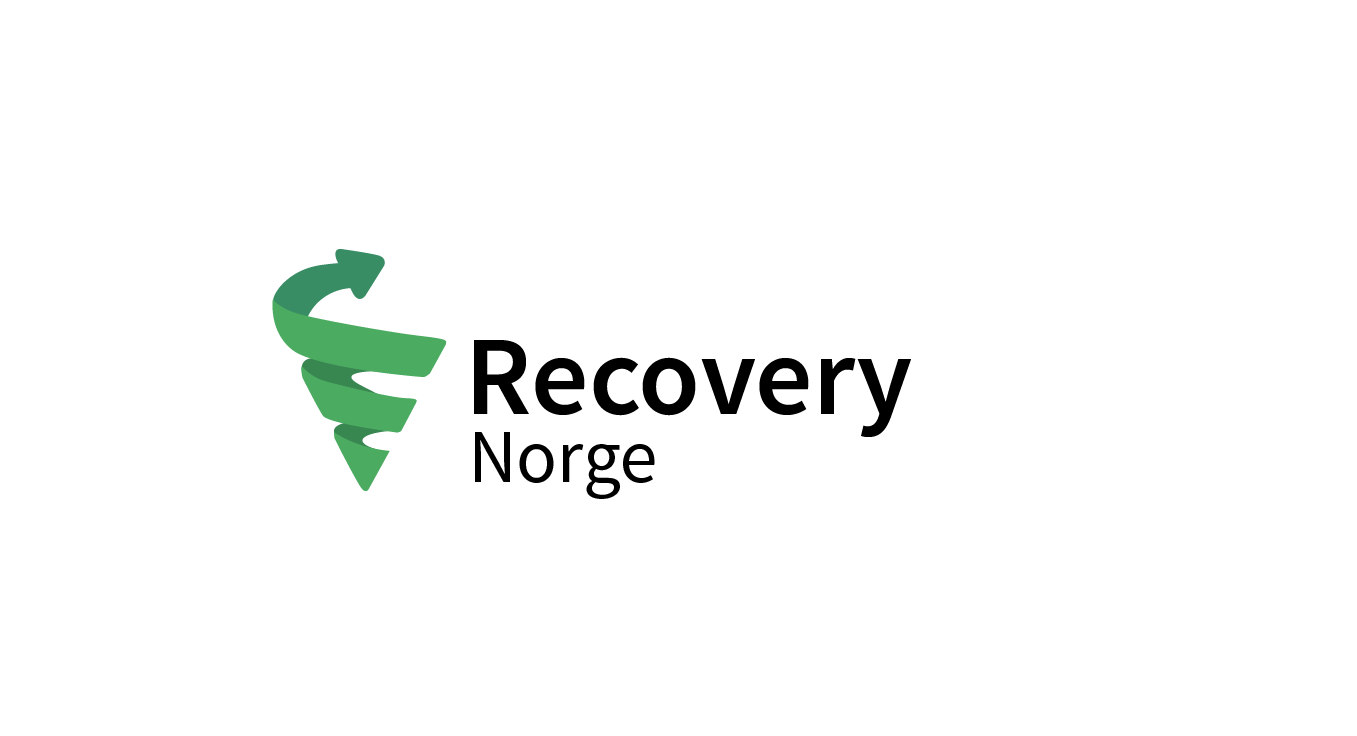Author: Dan Neuffer
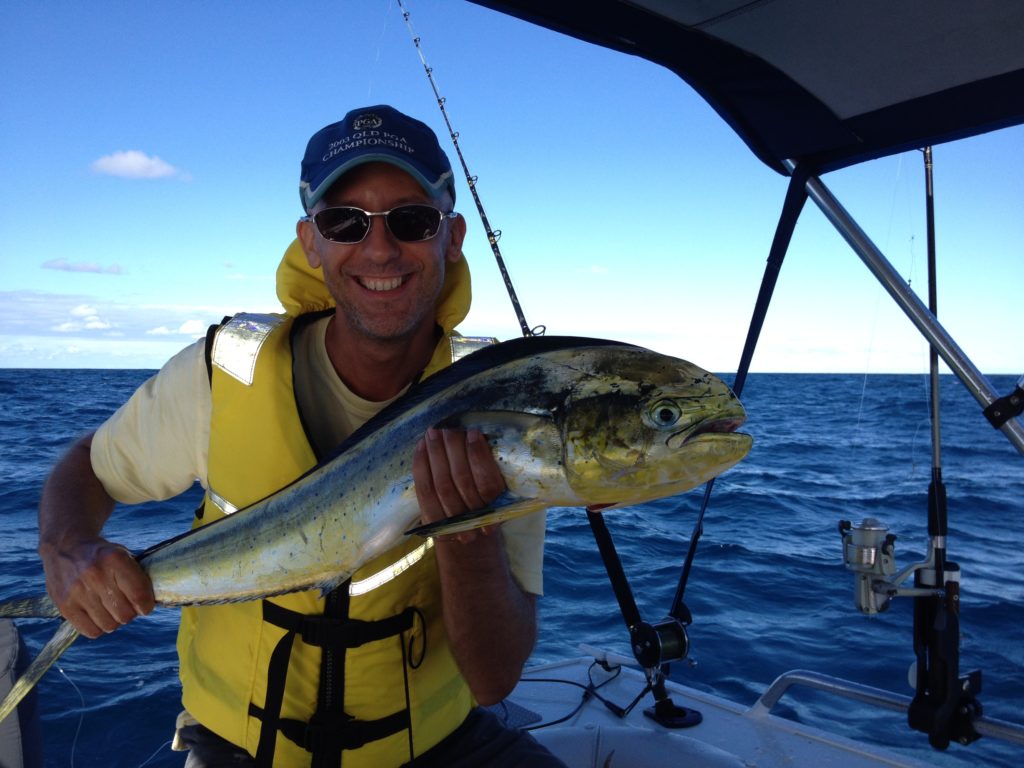
First, I became sick with ME/CFS, and after a few years I also developed fibromyalgia and POTS (postural tachycardia syndrome). In total, I was sick for about seven years, and in the later stages I became very severely ill and had become bed-bound, which brought things to a head and pushed me into some unexpected directions that resulted in my recovery.
Beginnings
The best way to start my ME/CFS/Fibro/POTS recovery story, is of course at the beginning.
A couple of years before my illness started, I made a major career change from my science work as a physicist specialising in lasers and optical systems to a technical specialist in the financial services industry. The change was driven by my decision to get married, start a family and not wanting to have to chase work interstate or overseas.
I nearly lost my wife during the birth of our son.
Then, following a very rough year during which I nearly lost my wife during the birth of our son, I was working hard on my career change and had also started another major undertaking outside of work.
When a colleague’s husband had come down with the chickenpox, I quickly organised a vaccination as time off sick was the last thing I needed. However, within a week of receiving the vaccination, my first ME/CFS symptoms appeared, which were extreme fatigue affecting my ability to walk.
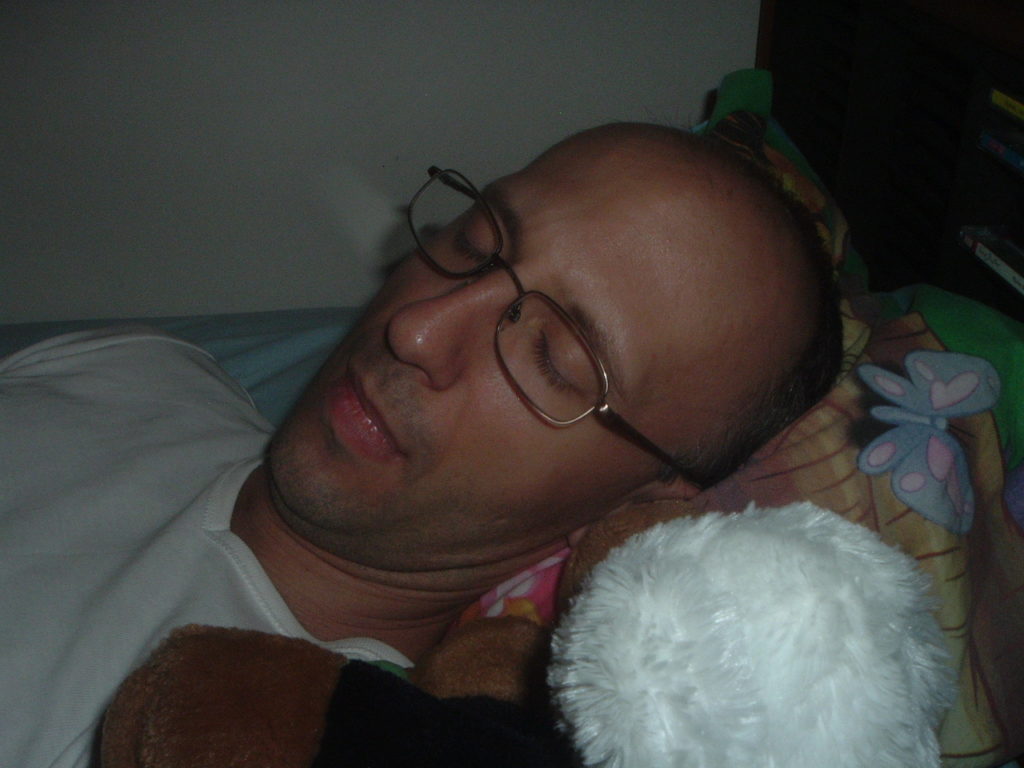
Many symptoms
My illness quickly morphed into a large range of classical ME/CFS symptoms. I suffered from a staggering number of symptoms over the years, but my main ones included ongoing extreme fatigue not alleviated by rest, bouts of fever, pain and other flu-like symptoms, gastrointestinal symptoms as well as night sweats, cardiac symptoms, orthostatic hypotension, allodynia, excessive urination at night, salt cravings, and neurological symptoms such as fibro fog (also known as brain fog). My symptoms changed over the years and my fibromyalgia pain became more prominent during the second half of my illness.
Like many others, I soldiered on as best I could until eventually I had to work part-time and later on was unable to work at all for extended periods of time, especially during the later parts of my illness.
I often say – “only a CFS/POTS/fibro sufferer knows the feeling”. That was probably one of the worst things besides the actual illness. People often think they understand you because they have experienced exhaustion or fatigue, but ME/CFS takes it to a whole new level. And like any chronic illness, over the years it can become difficult to cope with all the challenges that brings.
It’s the same with pain, I was able to take it in my stride for the first 3 years, but in the fourth year when the pain became a daily experience outside of my flare-ups, coping with it became very difficult for me.
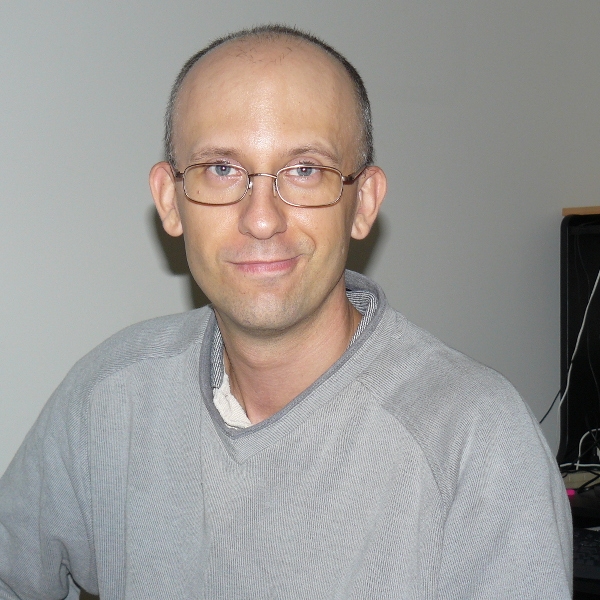
Feeling so powerless
But it wasn’t just the illness that was a problem for me, one of the worst things was not knowing why I was ill or what was causing the problems.
For several years I thought it was some mystery virus or some other sort of illness. It was only after numerous exhaustive (& exhausting) investigations with multiple doctors that it was clear that I had ME/CFS. Whilst I got some comfort from at least having a label, given the official lack of understanding and poor prognosis, it was a double-edged sword.
Coming into my 5th year of illness, I had managed to somewhat steady my cycle of symptom flare-ups and basically resigned myself to this being a lifelong condition. I just wanted to try to live with it as best as I could. However my base-line, health had declined and Fibromyalgia and POTS had become part of my condition. Coming to accept this actually gave me some sort of peace, but then my health took a drastic turn for the worse, I was pushed towards my turning point.
My own research project
I have heard it said that things have to get worse before they get better. Well, there was no “getting better” in sight and all I managed to do is “get worse” over time, even though there were some moments of respite.
However, after my illness reached its low point, I had dedicated myself to stop reading about the usual CFS/Fibro/POTS info out there, to stop searching for other’s recovery stories and to stop that rollercoaster of hope and disappointment of trying treatments that had never worked out for me. Instead, I wanted to try to find out what was really going on, what was driving the illness. So I started my own research project by collating commonalities and differences amongst sufferers and investigating what could be causing some of the measurable physical changes.
Given that I don’t have a background in medicine or biology, and that I was still very ill and had some difficulty concentrating for any period of time, this was a difficult and frustrating journey for me. However, soon more and more pieces of the puzzle started to fall in place until I started to form a clearer picture of what goes on with ME/CFS, Fibromyalgia and POTS.
My confidence in the validity of this hypothesis grew more and more over time, especially as I discovered other researchers who had similar views on significant aspects of the explanation. However, I realised that translating this knowledge into a recovery was by no means certain.
The root cause of the illness and a framework for recovery
Initially I investigated a whole bunch of possible culprits for the root cause. Looking at the issues around alcohol intolerance and magnesium deficiencies, I considered genetic enzyme issues as the cause but soon found that they did they not explain all the symptoms and all the different ways people became sick. Further, there was actually no evidence across the patient population of such genetic variations.
When I investigated specific dysfunctions, I always sought deeper answers; WHY is that happening?
I always sought deeper answers; WHY is that happening?
I soon discovered a pattern that when I looked deep enough, most dysfunctions led me to the nervous system. The dysfunctions that didn’t appear to be directly caused directly by a nervous system dysfunction could be seen as resulting from the lack of homeostasis caused by a nervous system dysfunction. I called these secondary dysfunctions.
It became clear why treating symptoms that should resolve, so often didn’t. A dysfunction of the Autonomic Nervous System (ANS) would simply often recreate the symptoms.
It struck me that if the ANS would function normally, many of the previous failed treatment approaches might suddenly become effective, or may in fact not be needed at all as the body returns to health naturally.
The key was addressing the triggers that affect the ANS and at the same time retraining the nervous system to respond normally. I think the biggest realisation was the importance of having a comprehensive plan to see through to completion as opposed to the shotgun approach.
Recovery through stages
My recovery occurred in stages and wasn’t an overnight success.
I sought out support from an integrative doctor to ensure my body was well supported for the healing process. This included optimising my nutrition and reducing physical symptoms where possible.
I knew these things weren’t going to cure me, (after all I had tried so many treatments in the past!), but they were part of my efforts to create a healing environment for my body and nervous system.
My main focus was my brain training approach, which was central to my recovery.
People sometimes misunderstand what brain-training is and think it is purely a psychological approach. Yet most brain-training to affect neuroplasticity that we see in medicine actually uses physical therapy (such as physical rehabilitation for stroke victims or occupational therapy for autism).
My main focus was my brain training approach, which was central to my recovery.
So the brain training techniques I used and developed took many forms, from DEEP mindfulness meditation and psychological techniques, to physiological approaches that even included dietary approaches.
I recognised that my nervous system was producing the same startle and freeze responses to food, infection, physical movement and bodily dysfunctions, as it was to lights, sounds or smells.
So my approach was to retrain the nervous system on all fronts by reducing the triggers (physical, neurological and psychological) and to retrain how my brain responded to them.
Without a doubt, having a deeper understanding of how Chronic Fatigue Syndrome, Fibromyalgia and POTS works was the absolute key to my recovery.
Having a deeper understanding was the absolute key to my recovery.
All in all, my recovery started after being ill for just over 5 years and took me around 18 months (total illness just under 7 years). I made some very significant progress in a matter of weeks, but other improvements took many months.
I didn’t know that recovery was possible.
Because I didn’t know that recovery was possible, setbacks along the way were very difficult to deal with to say the least. That’s why so much of my advocacy work has been around helping people realise that you can recover, because I still meet people every week who have been sick for decades and never heard about this fact.
Reaching out to others – the need for structure & understanding
My plan initially was just to get back to my life and do some catching up on all aspects of my life. But after not having met a single other person with CFS/Fibromyalgia/POTS in over 6 years, I suddenly started to meet them all over the place.
I quickly realised that something so complicated needs a structured explanation – so I went to write a short book to explain my research to post somewhere on the internet.
However, trying to put it into words and finding the right way to share my understanding turned into a major project! The result was a book called CFS Unravelled: Get Well By Treating The Cause Not Just The Symptoms Of CFS, Fibromyalgia, POTS And Related Syndromes.
Life after years of chronic illness
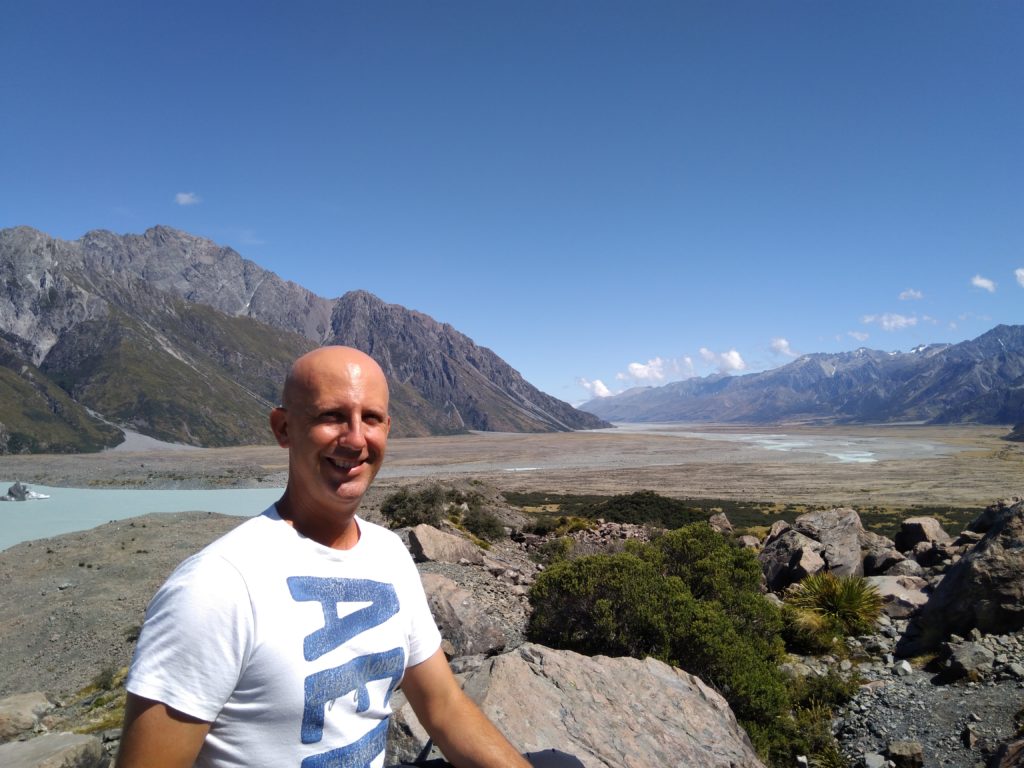
What is my life like now? Busy! But I have learned to live a balanced life and appreciate every day I have. I am living a full life, working full time, but also enjoying time with my wife and two small children (those trips to the park or the beach have taken on a whole new feel since my recovery). And I am exercising again – never thought I would see the day.
Goodness, I even enjoy a few glasses of wine with dinner or the occasional Octoberfest again – who would have thought that after years of barely being able to take a sip of alcohol without falling into a deep hole, that this was possible?
Don’t lose hope
My message to all CFS/Fibro/POTS sufferers is don’t lose hope – recovery is possible, even if not easy.
Recovery is possible, even if not easy.
But stop looking for the magic bullet quick solution – you most likely won’t find one that will work for you. My recovery was driven by my understanding and having a comprehensive plan, but whilst some understanding is critical, I realise that many others will take a different route.
Just because something that worked for others hasn’t worked for you doesn’t mean you can’t recover! It’s about finding YOUR WAY forward.
Since I recovered, I have come across countless recoveries. Whilst on the surface they often look very different, they also have many similarities. I can categorically say that I have seen people recover against all odds. People that simply seemed to have too many headwinds against them given their physical and psychological complications, where it just seemed impossible, have still recovered. That’s the power of the human spirit!
Since I recovered, I have come across countless recoveries.
If you are like many of us dealing with this awful illness, you may not feel all that powerful at times. But with little steps forward and a clear goal in mind, you may surprise yourself of just what you are capable off.
If you have Chronic Fatigue Syndrome, Fibromyalgia or POTS – I wish you my kind of recovery.
Dan Neuffer lives in Australia and has developed a method based on his own research and experiences called ANS rewire and has published a book called CFS Unravelled.
